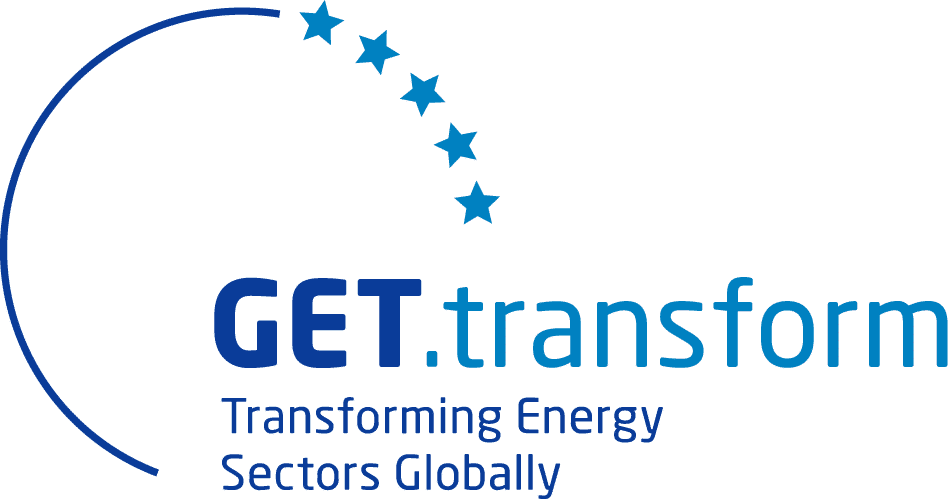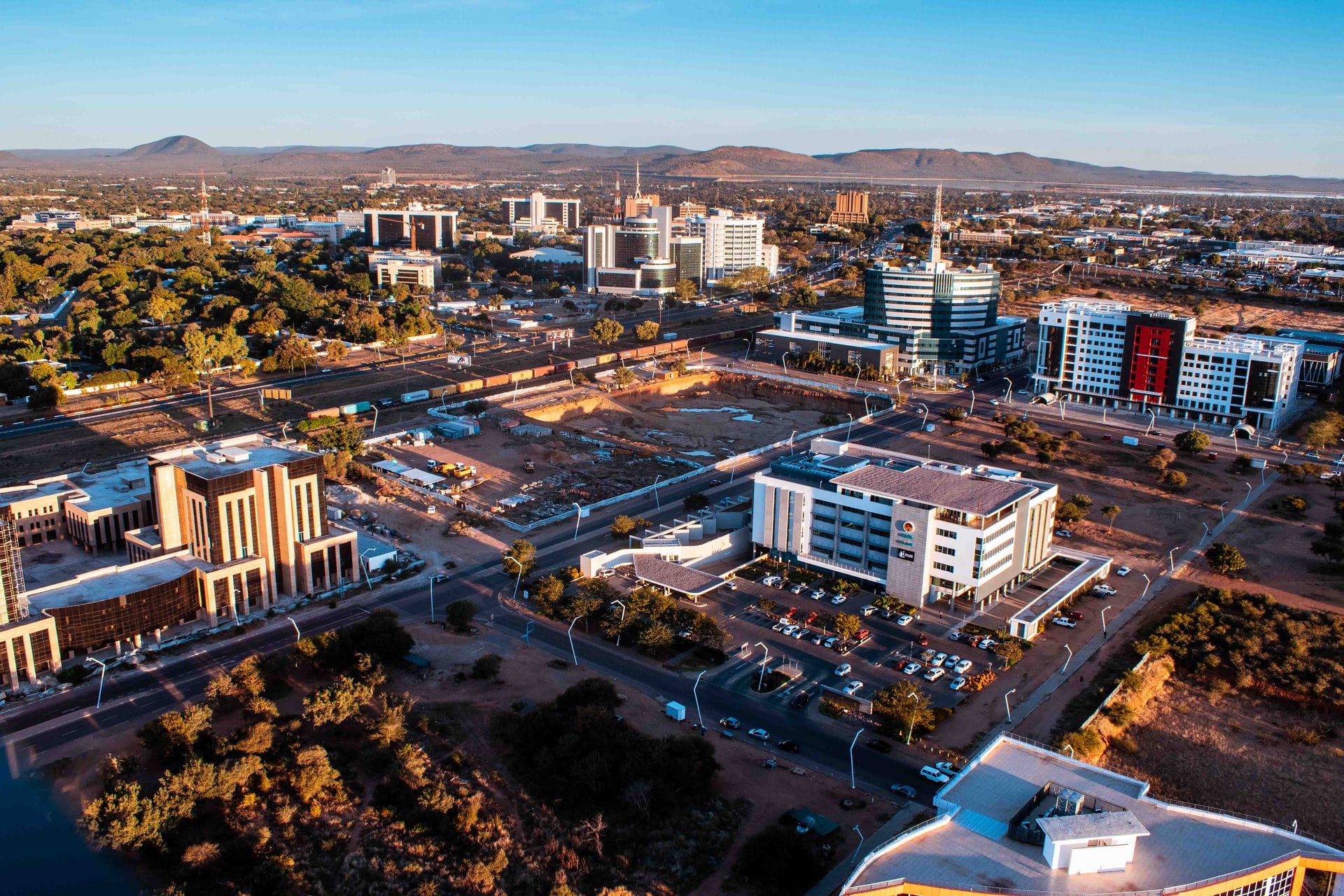On 15 December 2021, Botswana and Ghana shared energy planning insights in IRENA’s webinar series “Long-term Energy Scenarios (LTES) for Developing National Energy Transition Plans in Africa”.
The series is delivered through IRENA’s Long-Term Energy Scenario (LTES) Network and organised in cooperation with GET.transform, the United Nations Economic Commission for Africa (UNECA), the African Union Development Agency (AUDA-NEPAD), the African Development Bank (AfDB), the Ministry of Energy of Kenya, and the African Union Commission.
In the webinar, Oagile Johannes Setlhare, Principal Energy Engineer at the Department of Energy, presented a summary of Botswana’s energy scenario process. The Ministry of Mineral Resources, Green Technology and Energy Security (MMGE) is responsible for long-term energy planning in Botswana, but supported by a governance structure that ranges from research institutions, universities, energy regulator, statistics office, and the Ministry for the Environment to the power utility. Different scenarios are developed for energy demand and supply, ranging in ambition and optimism. The supply side scenarios include a minimum constraints, a clean electricity, and a self-sufficiency scenario. A key success factor is to make the planning process transparent by communicating early with relevant stakeholders. In the case of Botswana, this includes development partners, other ministries, private and public sector, multilateral financing institutions, and regional and international organisations.
Transparency as a prerequisite to successful planning was also highlighted in Ghana’s intervention. Simpson Attieku, Principal Energy Analyst at the Energy Commission, shared impressions from the country’s energy planning process. In the past, energy plans were done in a less collaborative and coordinated manner, eventually leading to conflicting energy plans by different institutions. To correct this, a more collaborative approach was employed during the development of an Integrated Power Sector Master Plan (IPSMP), a long-term generation capacity expansion plan for Ghana.
The governance structure includes a Steering Committee, led by the Government of Ghana through the Energy Ministry and Energy Commission, and the CEOs of members of the Power Planning Technical Committee (PPTC). The PPTC comprises of a broad range of stakeholders and is tasked with providing overall guidance on the development of the planning process, ensure consensus among key stakeholders, and ensure harmonised electricity demand forecasts. Next to collaboration and capacity building, Mr Attieku named the transparent sharing of results with relevant stakeholders as a success factor in drafting effective and sustainable energy scenarios.
The webinar was rounded off by a continental perspective as delivered by Bothwell Batidzirai from the African Union Development Agency (AUDA-NEPAD). He presented a summary of the Continental Master Plan (CMP) for Electricity Interconnections. The CMP’s objective is to identify critical infrastructure for the creation of an Africa Single Electricity Market to facilitate trade between Power Pools in Africa, as well as cross-continental trade with Europe and Asia. The planning entails 2040 scenarios developed by a core team in AUDA-NEPAD with support from the EU Technical Assistance Facility and the different power pools. As modelling partners, IRENA and the IAEA will support African stakeholders with the development of the CMP identifying surplus and deficit regions/countries in Africa in terms of electricity generation and demand. This will help identify the most cost-effective ways of expanding clean electricity generation and transmission infrastructure across the African continent.
Revisit the findings by playing the English recording above or watch the French recording here.



